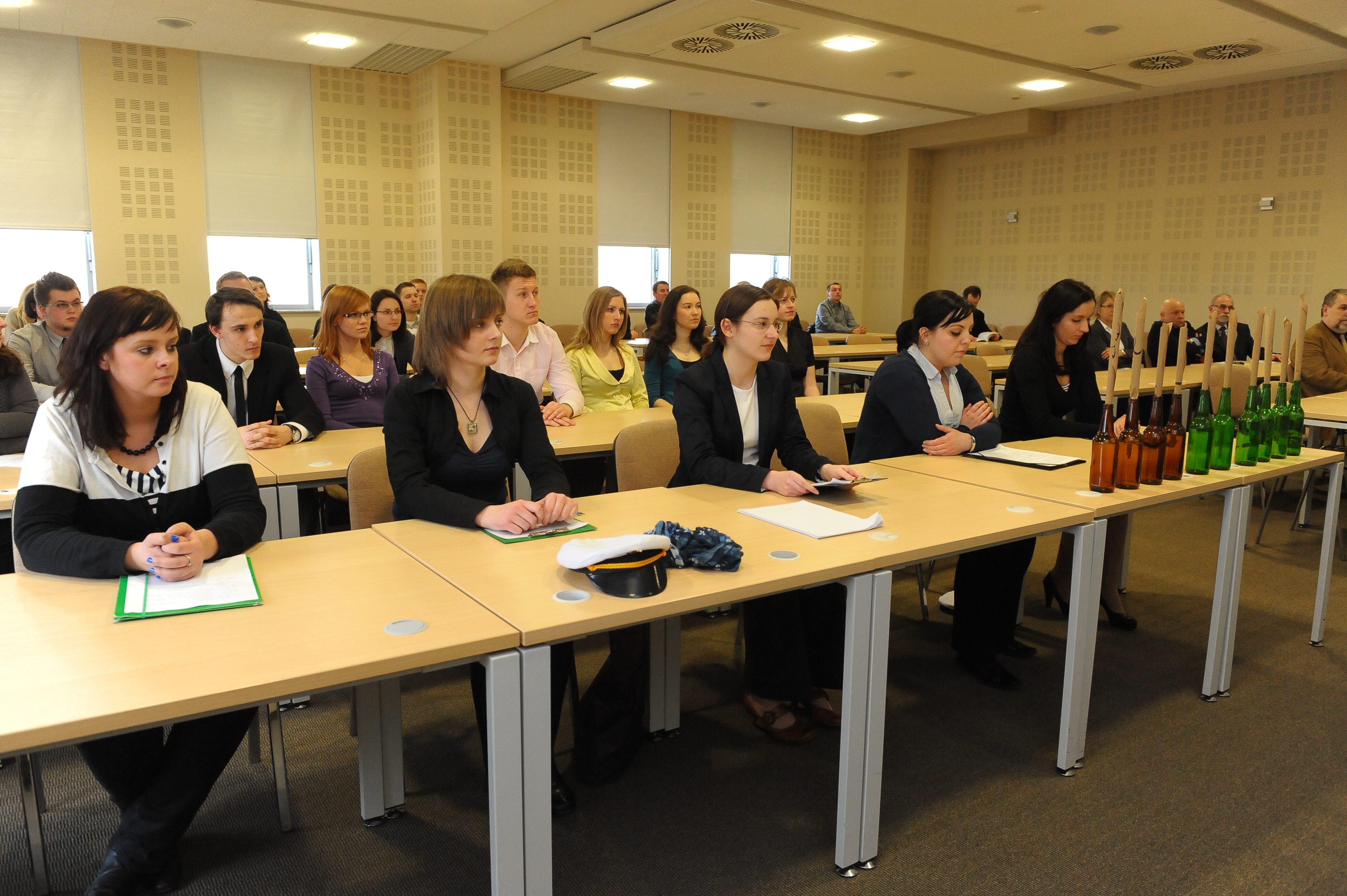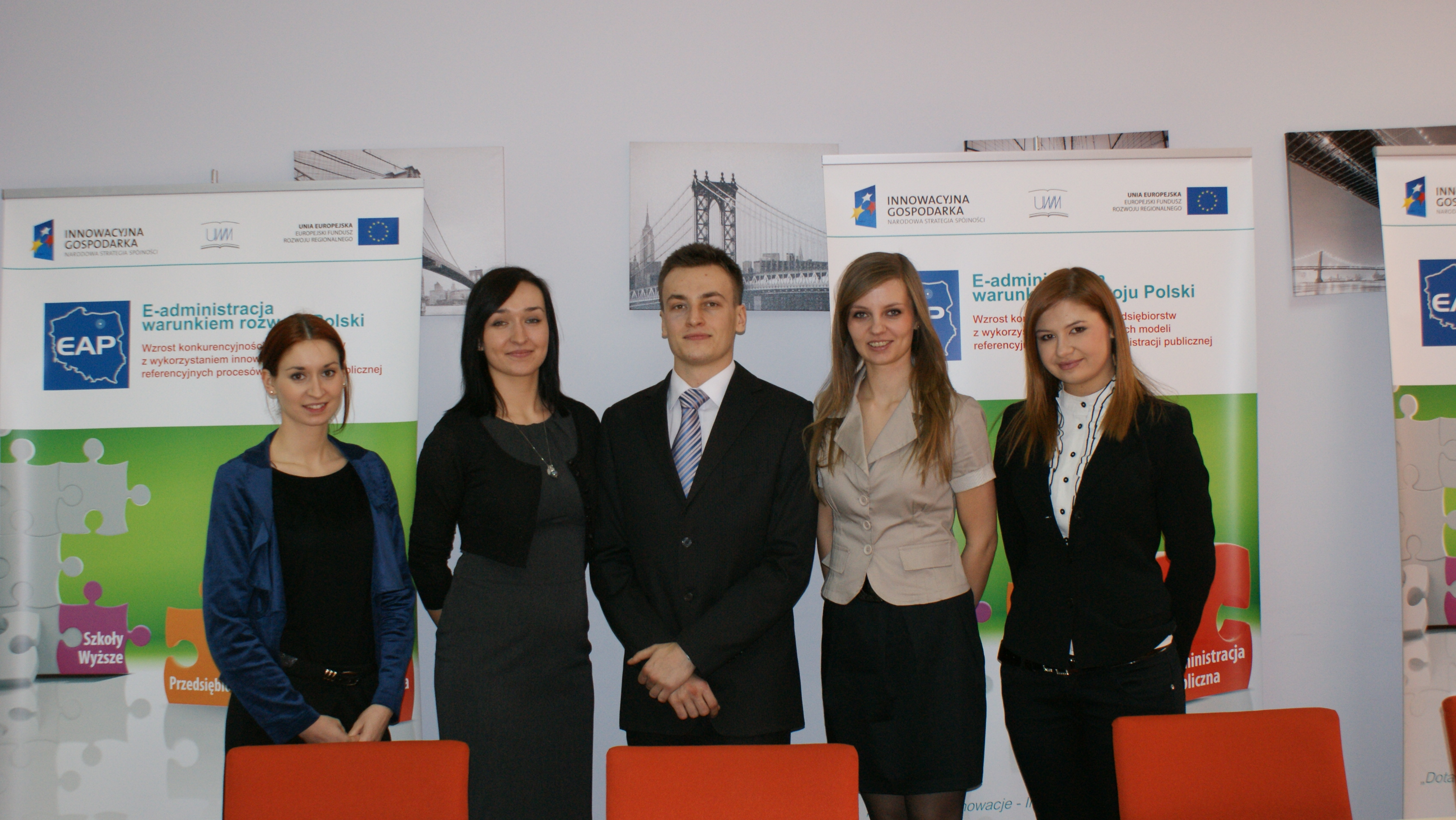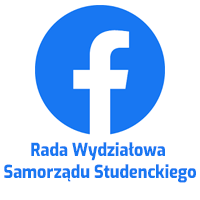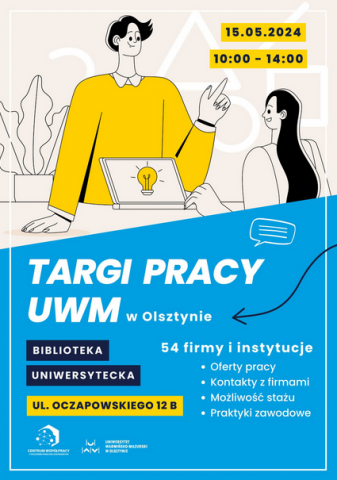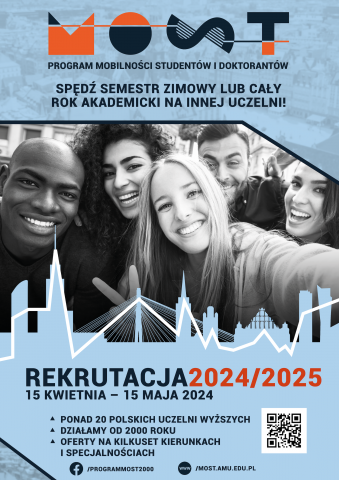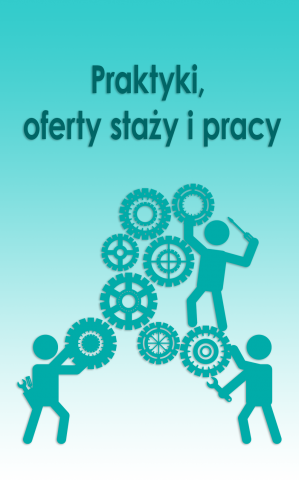Umowa z Uniwersytetem Harvarda
 Sieć Microeconomics of Competitiveness
Sieć Microeconomics of Competitiveness
Uniwersytet Warmińsko-Mazurski w Olsztynie jest częścią międzynarodowej sieci "Microeconomics of Competitiveness" zrzeszającej ponad sto uczelni z całego świata, której założycielem jest światowej sławy ekonomista prof. Michael E. Porter, a jednostką koordynującą jest Harvard Business School. Sieć została utworzona w 2002 r. jako platforma, której celem jest współpraca naukowa i dydaktyczna, która służyć ma wzrostowi konkurencyjności gospodarek i przedsiębiorstw.
 Przedmiot Microeconomics of Competitiveness
Przedmiot Microeconomics of Competitiveness
Współpraca z Harvard Business School umożliwia prowadzenie na Wydziale Nauk Ekonomicznych zajęć w oparciu o produkt edukacyjny pod nazwą "Microeconomics of Competitiveness" (Mikroekonomia konkurencyjności, MoC). Ten szczególny aspekt umiędzynarodowienia procesu kształcenia na WNE polega na wykorzystywaniu materiałów dydaktycznych, w tym studiów przypadku stworzonych przez zespół ekonomistów z Harvard Business School. Ponadto pracownicy WNE są zaangażowani w prace europejskiej kapituły sieci MoC, której w 2021 r. wraz z prof. Matthiasem Kiese z Ruhr University w Bochum przewodniczyła dr Dominika Kuberska. Więcej informacji na temat sieci Microeconomics of Competitiveness można znaleźć na niniejszej stronie.
 MoC w Olsztynie
MoC w Olsztynie
Na przestrzeni lat zajęcia z zakresu Mikroekonomii konkurencyjności ukończyły setki studentów Wydziału Nauk Ekonomicznych. W pierwszych latach afiliacji z Harvard Business School (w latach 2007-2017) zorganizowano siedem edycji przedmiotu do wyboru, który prowadzono w języku angielskim.
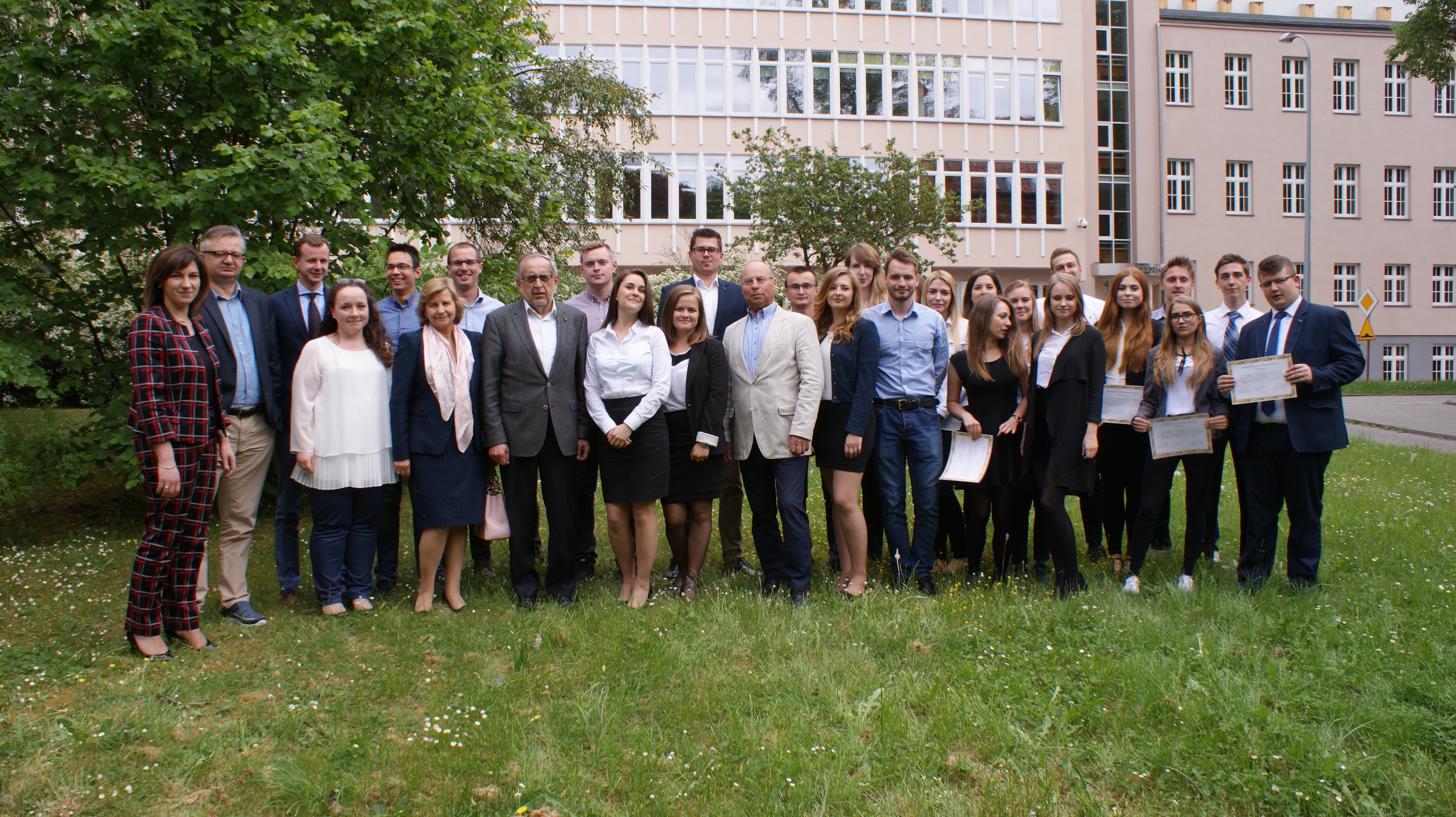
W kolejnych latach zajęcia zostały przeprojektowane i przekształcone w warsztat w ramach projektu „Uniwersytet Wielkich Możliwości – program podniesienia jakości zarządzania procesem kształcenia i jakości nauczania POWR.03.05.00-00-Z201/18” współfinansowanego przez Unię Europejską w ramach Europejskiego Funduszu Społecznego. Obecnie przedmiot Mikroekonomia konkurencyjności jest oferowany studentom dwóch kierunków – Ekonomii i Zarządzania, którzy na zajęciach (w języku polskim lub angielskim) analizują studia przypadków i uczestniczą w dyskusji na temat determinant konkurencyjności. Studenci uzyskują w ten sposób wgląd w procesy tworzenia dobrobytu poprzez analizę jego podstaw – odpowiedniej polityki makroekonomicznej, skutecznych instytucji i poprawy warunków gospodarczych i społecznych – w połączeniu z kluczowymi determinantami konkurencyjności, takimi jak produktywność, klastry i jakość środowiska biznesowego.
 Opinie abslowentów (w języku angielskim)
Opinie abslowentów (w języku angielskim)
Piotr Głuszczuk, Head of Supply Chain Management Central Europe, Roche Diabetes Care:
The Microeconomics of Competitiveness course has provided me with an in-depth understanding of the structure of business clusters and their role in XXI century economy. In addition, gaining insights into the concept of competitive advantage has profoundly changed the way I perceive modern enterprise operations and the unique success factors necessary to develop it and make it profitable, while exerting a positive impact on society.
Radek Sadurski: This course showed me a different perspective on competitiveness in a particular industry: why having competition is better than not having competition and how those 'competing' entities can together create a unique value by collaborating in some fields. Personally, it also gave me a network of people with a similar mindset and long-lasting friendships.
Monika Szałaśny, project manager and IT business analyst at SkyCash:
When it comes to MOC, it was one of the most valuable courses during my studies. For me personally it was a simulation on how to professionally finish a project before the deadline. MOC, through its multidimensionality, developed all the competences I currently use, especially the analytical. I remember when we were divided into smaller project groups for the purpose of presenting the final report, we had to be able to communicate, assign roles, share tasks, and work for a common goal and towards a deadline. There was no place for a typical university memorization of theories just to pass the course, it was about working with a real issue (case study) which we had to examine and address from the beginning to the end. We had to be able to make certain assumptions and draw final conclusions. In addition to analytical and teamwork skills, MOC also developed my ability of public speaking in English – a standard task for many of us today in our professional lives as we present the results of our work to the management board. Summing up, I have very fond memories of the MOC final report and I believe that university courses conducted in such a practical way would significantly improve the quality of teaching.
Ramona Saums, analyst, financial crime investigations:
Participating in the MOC course not only gave me a better understanding of different perspectives regarding economic development, it also grew to become one of the early factors fostering my interest in pursuing an international career, which I have successfully achieved.
Paulina Olszak (she/her), financial analyst:
During the Microeconomics of Competitiveness course I had a chance to expand my Business English skills based on various case studies during the lectures. The final class was dedicated to the groups' presentations that took us out of the comfort zone and taught us more about public speaking. I would recommend this course to everybody who would like to challenge themself and learn more than any other course.
Ewelina Sobotko:
My primary motivator in pursuing the MOC course was to take control of my own business education to be ready to tackle my business ambitions. And, so far, I have known that if prospective business professionals want to fit into the new global landscape, they need to find a place for theory and philosophy in the business world. Having said that, I do feel I have expanded my professional opportunities.
Anna M. Olszewska:
What is special and significant about the MOC course is the team project which evaluates the competitiveness of a cluster within a country and the competitiveness of the country itself. Working on it back then (in 2007) was a great experience.
Grzegorz Mękarski, owner of a Bilingual Kindergarten Mieszko I in Elbląg:
For me these classes were great because we were working on real life scenarios. We were learning how to work in a group, what mistakes we should avoid but the most important thing for me was the possibility to acquire a more "Western" way of thinking about business which is: ask a person how they managed to succeed in business and try to follow their approach rather than dig a hole to make them fall because you cannot catch up.
Dominik Sadłakowski, PhD:
Thanks to my participation in the Microeconomics of Competitiveness course during my economic studies I was able to learn about the aspects of building a competitive advantage of an organization. The practical aspects and program based on case studies support the understanding of real market problems in relation to economic theories. I use the knowledge gained during that course every day, both in my business and in my research career.
Kamil Decyk, PhD:
Through participation in the Microeconomics of Competitiveness course I improved my language skills and developed more freedom in expressing myself in English, which currently helps me in my duties as a researcher and a lecturer. In addition, building the course around the case study method allowed me to learn about many compelling cases of international companies as well as topics related to competitiveness. The MoC course also allowed me to gain new and valuable contacts with other participants of the course, not only on educational level but also on social level, with whom I keep in touch to this day.
